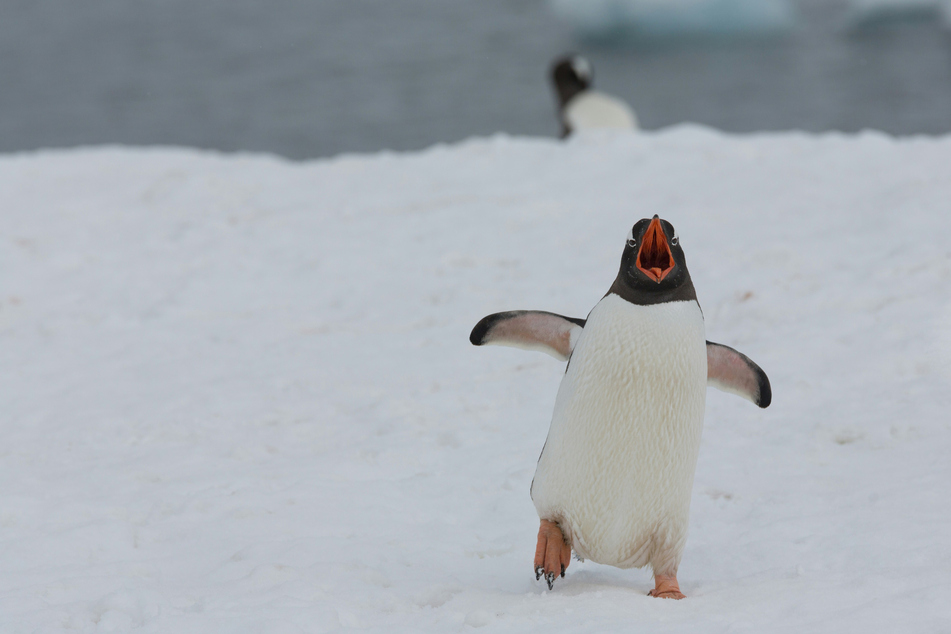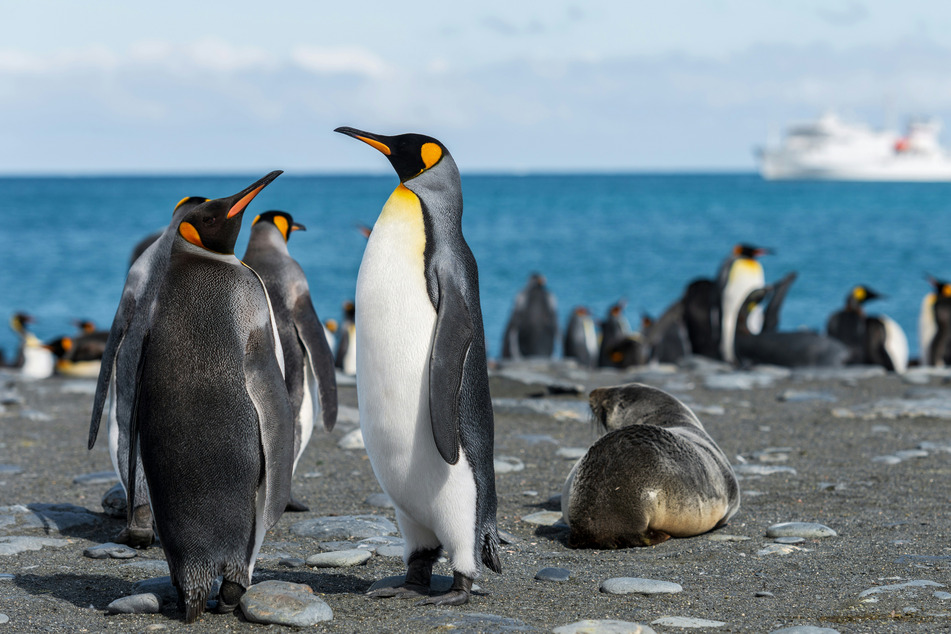Could penguins go blind due to climate change?
Antarctica - Due to increasingly prolonged exposure to ultraviolet (UV) radiation during the summer, Antarctic animals such as penguins are at risk of not only sunburn, but eye damage as well.

Despite the efforts of 1987's Montreal Protocol, which reduced the use of chlorofluorocarbons (CFCs) to an extent that saw the ozone layer start to repair itself, climate change could be reversing the progress.
The revelations came to light in a newly-released study on April 25, 2024 that looked at the impacts of climate change-induced UV radiation and ozone depletion on wildlife, specifically in the Antarctic region.
"We know that increased UV-B radiation increases risk for skin cancer and cataracts in humans," the study reported. "Potentially similar eye damage occurs in penguins and seals."
Risk of eye damage in penguins through climate change

In Antarctica, peaks in UV radiation spikes when the thinning ozone layer hole sits over parts of the region in September and October. As climate change continues to wreak its damage, though, that peak has extended until November.
Speaking to the BBC on April 27, University of Wollongong's Professor Sharon Robinson - a climate change biologist - said that people's perception that the ozone layer is "better now" is part of the problem.
"There's a hole - an area where the ozone layer is very depleted - that appears every spring over Antarctica," explained Prof. Robinson. "That's when things will be exposed and most vulnerable... Probably the biggest risk to the Antarctic animals is eye damage."
While it isn't clear that penguins are suffering specifically from cataracts, the fact that scientists are warning of "similar" eye conditions is worrying, as they can effectively lead to blindness.
News of the dangers posed by UV radiation increases and ozone depletion on penguin populations come weeks after thousands of penguin chicks recently died due to climate change, and bird flu began a rampage in the Antarctic region.
The dangers of UV radiation does not end with cataracts and eye damage either, with the very same study pointing to potentially catastrophic changes to penguins' mating habits.
"The timing of exposure is likely to be important," the study reports. "With emperor penguin chicks that hatch in winter and seal pups that are born in October and November potentially more impacted by ozone depletion (and reflected UV radiation) than the young of other penguin species that hatch in summer."
Cover photo: Unsplash/Cornelius Ventures
